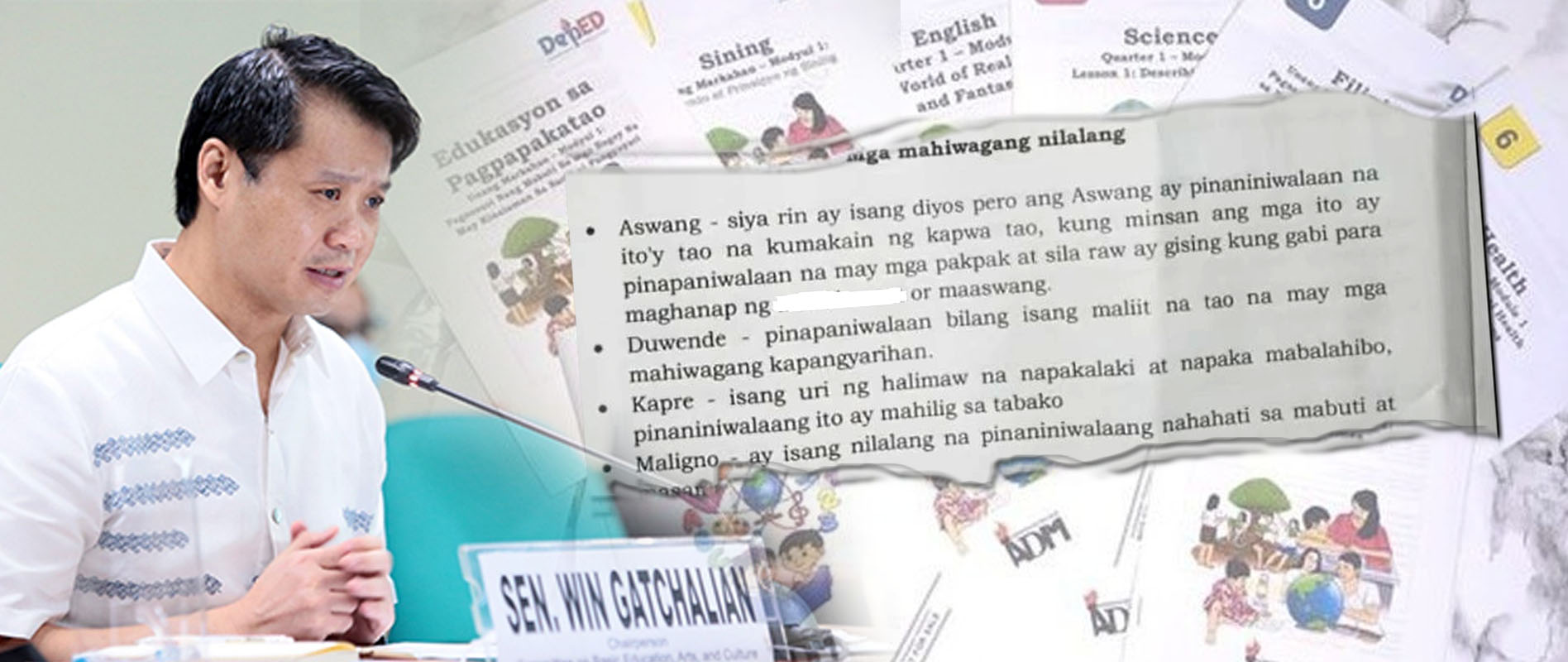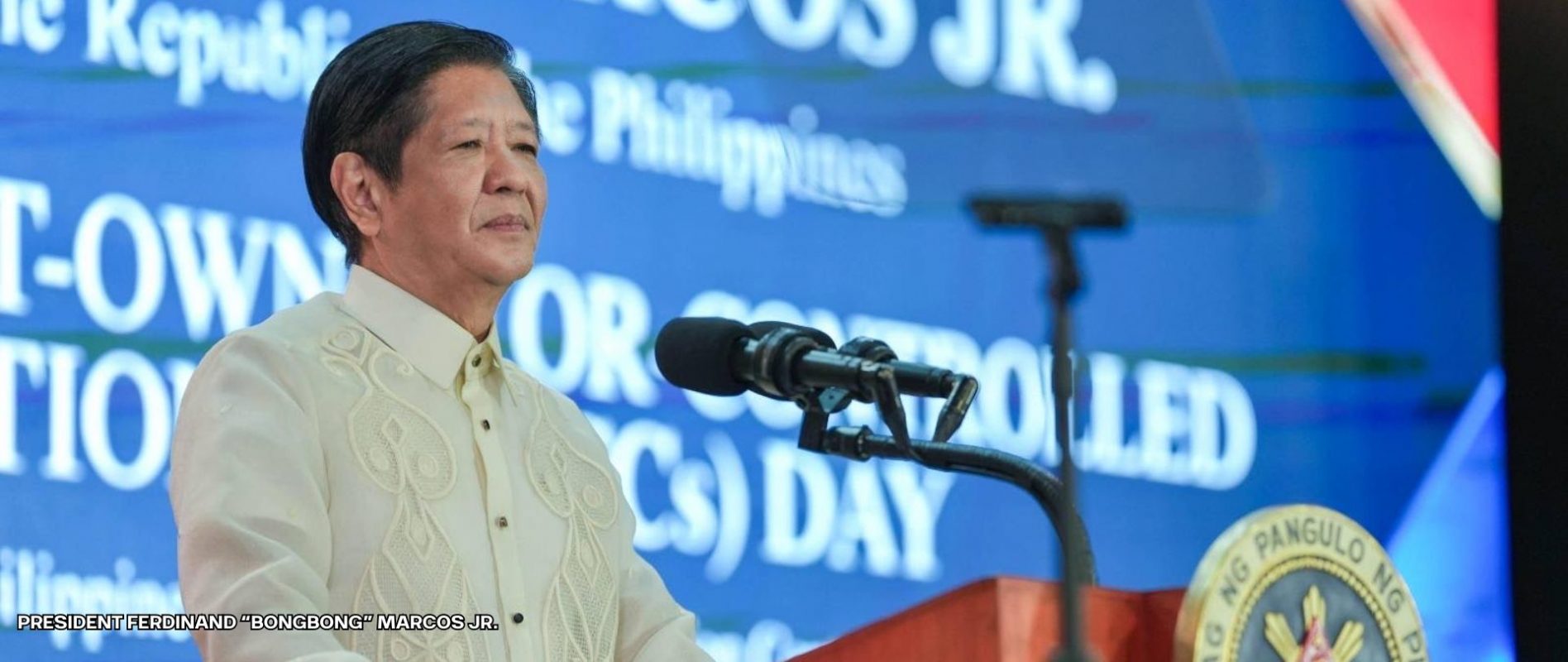PUNISH THOSE BEHIND VULGAR LEARNING MODULE — SENATOR
SENATOR Sherwin Gatchalian wants those who created and cleared a self-learning module with a vulgar description of the mythical Filipino creature “Aswang” punished.
SENATOR Sherwin Gatchalian wants those who created and cleared a self-learning module with a vulgar description of the mythical Filipino creature “Aswang” punished.
The chairman of the Senate Committee on Basic Education, Arts and Culture was referring to a module that was recalled by the Department of Education that was flagged in a hearing at the House of Representatives. The module used an obscene word that means sexual intercourse when translated to English.
Gatchalian earlier said that since the meaning of the word is clear and obviously not appropriate for young learners, the inclusion of the word in the module was intentional.
The senator said that what was disturbing was how these materials passed the quality assurance process of the Department of Education.
“Obviously the system failed. And we also need to investigate this matter and hold the quality assurance mechanism or those people who are implementing the quality assurance to account. But more importantly, look for that person who wrote that,” Gatchalian said on Thursday.
The lawmaker reiterated that those involved in the creation and clearing of the said material be held accountable.
Education Undersecretary Diosdado San Antonio said that the module was recalled last February. The module was used by Grade 10 students in Pampanga for the second quarter.
According to DepEd, 155 errors were found in learning materials from October 2020 to June 2021, 104 of which were from locally developed materials, 25 were reviewed by DepEd’s Central Office, 19 were from unknown sources, five from DepEd TV, one from a privately-developed material and one from a DepEd textbook.
Gatchalian said he will look into DepEd’s quality assurance process in the upcoming Senate inquiry on the preparations for School Year 2021-2022.
Senate Resolution 739, which he filed, aims to assess the capacity of basic education institutions to deliver quality education for next school year, whether through face-to-face classes or distance learning.














